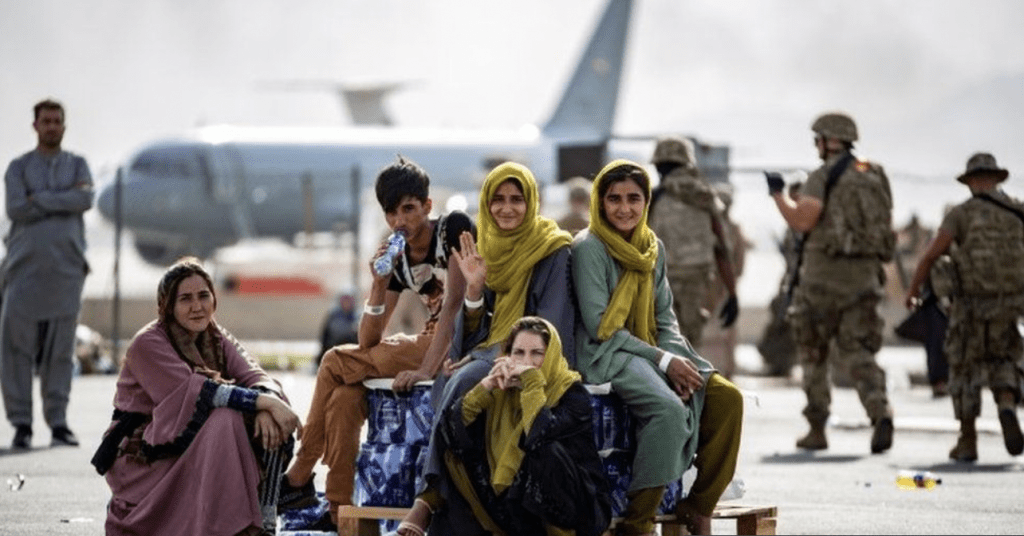There are Bigger Ballot Questions than Afghanistan

US Marine Corps via Reuters
Don Newman
August 24, 2021
It happened the same day the election was called. Very few saw the impact it would have. But in the days since the writs were issued, it has become the news story overshadowing everything else. Even though in terms of relevance to Canadian voters, it would seem far down the list of potential ballot questions.
The issue is Afghanistan. Kabul fell to the forces of the Taliban on the weekend the election was called. After twenty years of fighting, the killing of Osama Bin Laden in neighbouring Pakistan, the standing up of a 300,000-man Afghan security force with the latest weapons and air support and the creation of a civil society in a good part of the country, the United States had finally had enough. The Americans announced that the last of their troops would be out of Afghanistan by the end of August. The expectation was that the Taliban would resume fighting in earnest to regain the country they had been expelled from after the 9/11 attacks. But the expectation was also that the Afghan army with its manpower, training, weapons and air support would be able to contain the Taliban for at least a reasonable period of time to facilitate an orderly withdrawal of the Americans and other NATO allies with troops still in the country.
That was the expectation. The reality was that neither the Afghan military nor the country’s government was prepared to put up any fight at all. In less than a month, the entire country was under Taliban control, and the scramble to rescue Afghanis who had worked with the NATO forces as translators and other helpers from Taliban reprisal was on.
The daily drama in Kabul will run its course. It will produce a new life for some, a tragedy for others. As compelling as it is to watch, the election campaign should not be turning on it.
Canadian troops left Afghanistan in 2014. But they left behind Afghan translators and other support people who now are desperate to leave the country. They are among the thousands who have swamped Kabul airport looking for flights out to the West. The Americans have been leading the way in getting people out. The British and French have launched both flights out of Kabul and rescue missions into the city to get people to safety. Both of those countries have much more robust armed forces than Canada, and hence the capability to be more proactive.
Justin Trudeau is getting daily questions on the campaign trail about why Canada is not doing more. He may be running as leader of the Liberal Party but he is still the country’s prime minister, which makes him the primary answerable party for what’s happening in Afghanistan. Conservative Leader Erin O’Toole was a member of the Harper Government that took Canadian troops out of Afghanistan but he is not getting questions about why the translators and their families were left behind at that time. And NDP Leader Jagmeet Singh gets an opportunity to sound off on the situation daily, although like many other issues, the questioning of Singh is not so tough since no one expects him to be prime minister after September 20th.
The daily drama in Kabul will run its course. It will produce a new life for some, a tragedy for others. As compelling as it is to watch, the election campaign should not be turning on it.
Health care and COVID19, day care and economic rebuilding, inclusivity and language rights, housing prices and long-term care strategies are just some of the crucial issues the election should turn on. All of the parties have something to say about these issues. It is time Canadians paid attention to what they are saying and use that as a basis to decide the election.
Contributing writer and columnist Don Newman, a Life Member of the Parliamentary Press Gallery, is author of the bestselling memoir, Welcome to the Broadcast and Executive Vice President of Rubicon Strategies in Ottawa. He is an Officer of the Order of Canada.
